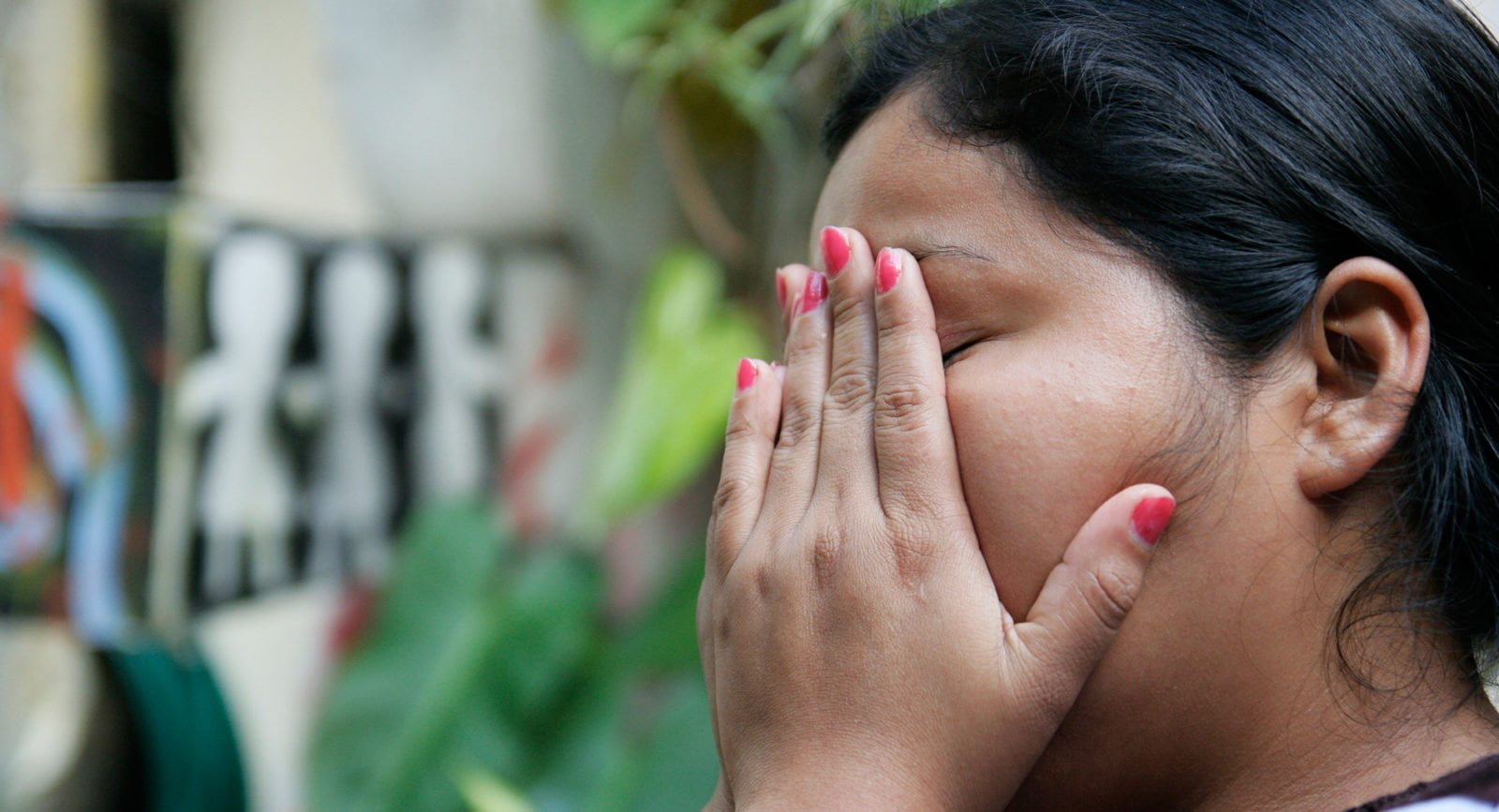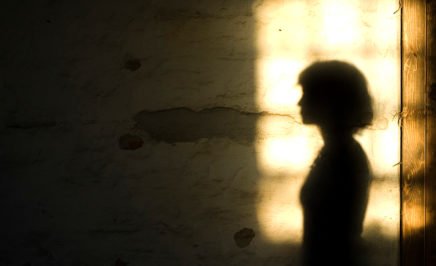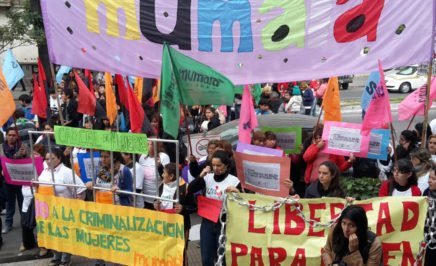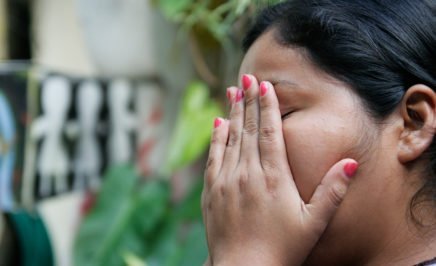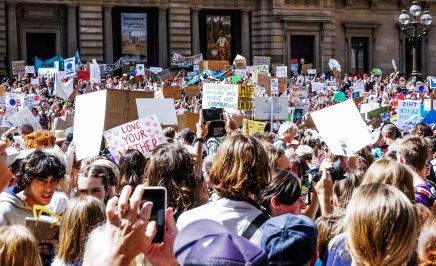Here at Amnesty International Australia, we’re outraged on a daily basis by countless cases of men and women being arrested for doing things that we take for granted – like tweeting about the government or sharing thoughts about a human rights issue.
Our human rights are universal and when they’re blatantly violated, we’ve got something to say about it.
We take a look at five things that you or someone you know could have done recently that could land you in jail in certain parts of the world – and the individuals who risked imprisonment to stand up for their rights.
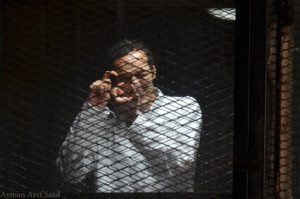
-
Taking a photograph
Photojournalist Shawkan has been imprisoned for over three years in Egypt just for documenting the news. He was covering a sit-in in Cairo in August 2013 when security forces stormed in. “It was like a Hollywood movie,” he wrote later. “There were bullets, tear gas, fire, police, soldiers and tanks everywhere.” When they realised Shawkan was a journalist, photographing the violence that resulted in over 1000 deaths, officers forcefully arrested him. We have been taking action for Shawkan since, to make sure justice is served.
-
Posting on Facebook
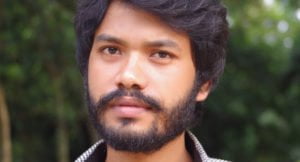
Don’t like a decision your government has made? You’d probably shoot out a Facebook message to your friends expressing your opinion without thinking twice, however that same act landed Bangladeshi student Dilip Roy in prison last year.
Police arrested Dilip for two Facebook posts criticising the Prime Minister’s support for a new coal-fired power plant. Environmental activists like Dilip believe the plant could damage the country’s mangrove forest. Dilip spent more than two months in jail without charge over these posts, but was later granted bail thanks to the 2,000 Amnesty International Australia supporters who took action for his freedom.
-
Forwarding an SMS joke
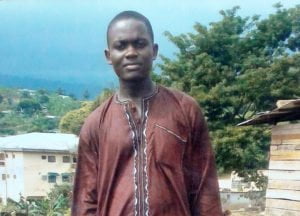
Fomusoh Ivo Feh, a young student from Cameroon is now residing in prison because he forwarded on a harmless text message. Ivo received a text from a friend which read: “Boko Haram recruits young people from 14 years old and above. Conditions for recruitment: 4 subjects at GCE, including religion”. His friend’s message was a comment on how difficult it is to find a job in Cameroon – even in an armed group –without being highly qualified.
Ivo forwarded the message to a friend, who sent it to another friend in secondary school. A teacher saw the text and showed it to the police. Ivo, his friend and the young student were all arrested and sentenced to 10 years in prison for “crimes” related to terrorism. Amnesty supporters have been speaking up for Ivo since then in the hopes that he will be set free.
-
Waving a flag
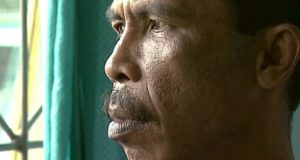
You read that correctly: you could be imprisoned for waving a flag. In 2007, primary school teacher Johan Teterissa led a group of 22 people in a peaceful protest in front of Indonesia’s president. They performed a traditional war dance before unfurling a “rainbow” flag – a historical symbol of independence for the people of Maluku province. Following an unfair trial and torture, all the men were convicted of “rebellion”. Johan, as the leader of the protest, was sentenced to life in prison. This was later reduced to a 15-year sentence, which we are asking to be immediately dismissed.
-
Suffering a miscarriage

Having a miscarriage can be an extremely traumatic experience, but to make matters worse, it can even land you in prison in some parts of the world. In March 2014, then 25-year-old Belén went to a state hospital in San Miguel de Tucumán in northern Argentina, complaining of severe abdominal pains. Belén was told that she was in fact 22 weeks pregnant and experiencing a miscarriage. Medical staff who later found a foetus in a hospital bathroom, reported Belén to the police, claiming that she had induced an abortion. Belén was arrested and subsequently held in pre-trial detention for more than two years.
In July last year, Amnesty handed more than 120,000 petitions from supporters across the globe to local authorities, urging for Belén to be released. In August, she finally walked free. “Belén’s release is extremely positive and long-awaited news,” said Mariela Belski, Executive Director at Amnesty International Argentina. “Belén should have never been held behind bars in the first place, having a miscarriage is not a crime.”
Nobody should face prison for suffering a miscarriage, sharing political views or peacefully protesting. Want to speak up for people whose freedom is on the line?
Visit our Individuals at Risk page
